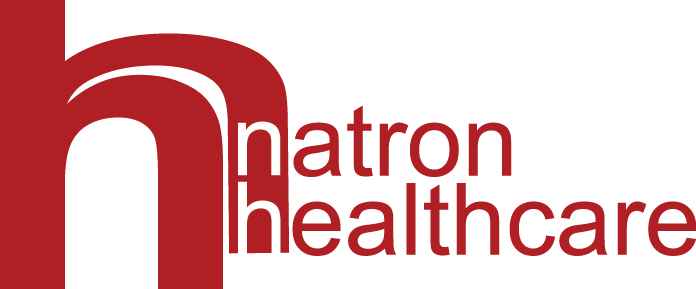When people better understand their health issues, they make better healthcare choices.
When Mel and her husband, the wildlife filmmaker Matthew Aeberhard, came to Lake Natron in 2006 to make the DisneyNature epic, The Crimson Wing: Mystery of the Flamingos, there were few healthcare options for the local Maasai communities. With no public transport and vast distances to cover, those who could not walk three days over rough mountain terrain to a reliable doctor walked five hours to a badly under-resourced government pharmacy. If they could not walk, they had to get better at home – or die. This caused extreme hardship, especially for pregnant women and children, two groups with already high mortality rates.
Because Mel had basic medical knowledge and resources, she was able to treat or triage those with serious illness such as TB, pre-eclampsia, pneumonia, burns and snake bites. When she prepared to leave Natron in 2009, she turned to Penny to see what they could do to support improved health for the communities.
Aside from the practical issues of access to reliable healthcare service, Mel and Penny had identified a deeper-rooted problem: most people simply did not know why they were sick. Isolation had led to a reliance on superstition and ineffective or dangerous traditional treatments, worsened by a lack of understanding of physiological systems.
In creating sustainable and demand-driven healthcare, Mel and Penny partnered with the communities as well as reliable healthcare organizations serving the area such as the Flying Medical Service and Global Health Ministries. We wanted to ensure that when people decided to seek medical help it was available and satisfactory.
Continually asking communities for their permission, input and feedback, we created an integrated learning environment. This mutual respect helped us evolve an education programme that focused on identified health issues and both practical and social obstacles to access. Our collective goal, agreed with the communities, was for individuals to become confident, informed and pro-active advocates for improved health for themselves, their families and their communities.
